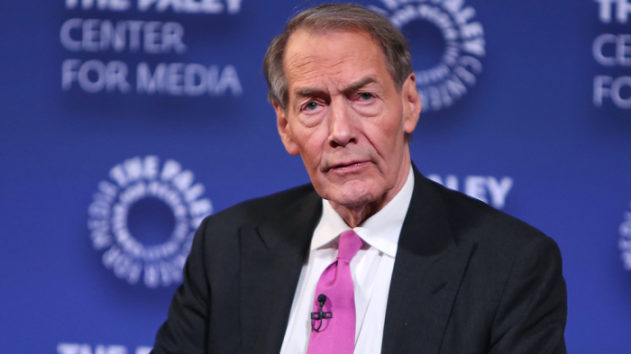Those who consider this a culture shift and not a temporary purging are assuming that what happens in the public eye will automatically spill over into private lives. The reality is that trickle down justice is every bit as much of a myth as trickle down economics.
The recent avalanche of sexual harassment and assault claims is being hailed in some quarters as a sea change in the way victims of these crimes are treated in our country. Victims who go public are believed, and abusers are losing their jobs. It feels like progress, but is it really?
The men being called out are in very public positions while sexual assault and harassment are everyday occurrences. Those who consider this a culture shift and not a temporary purging are assuming that what happens in the public eye will automatically spill over into private lives. The reality is that trickle down justice is every bit as much of a myth as trickle down economics. We have to stay engaged for the long run.
In the current climate, media outlets are jumping to tell stories of assault committed by famous men. Social media users pounce on the published allegations, making it next to impossible for any accused person (other than our president) to retain their position. Last week Bryan Cranston was slammed on social media for even suggesting that people like Kevin Spacey or Harvey Weinstein might redeem themselves some day.
Yet while these famous people have long protected themselves using privilege that most of us will never know, power differentials exist everywhere. The manager of a local fast food restaurant can hire and/or fire an employee who depends on her job to eat and pay rent. This manager yields much more power over a woman living paycheck to paycheck then Al Franken or Donald Trump do over an individual constituent. And the New York Times isn’t interested in a fry cook’s story of harassment.
A lasting culture shift has to occur outside the news cycle. Real progress comes when ordinary people wield their privilege or social capital to stand up to the oppressors in their own circle of influence. Just as a fast food restaurant manager is all powerful in their part of the world, many of us can take on the role of story spreader in our small space. We can and must end the silence that allows harassment to fester.
The taboo on speaking out against those in power is so prevalent that it’s hard to even imagine what a solution looks like in the real world. I think it starts with being an engaged ally. In a white collar environment if you are a middle manager and a coworker tells you they have been harassed, don’t simply refer him or her to Human Resources. Claims are often buried there. Engage with the victim and the company for as long as it takes to get justice. Work behind the scenes to recruit more people to your cause.
Your own career may suffer. You may be excluded from important meetings. You may be passed over for promotion. None of this is nearly as easy as calling for the cancellation of a TV show or demanding the resignation of a media personality. But it’s real change as opposed to the strengthening of the status quo that happens when no one will make this sort of sacrifice.
The solution is even more difficult to describe for blue collars workers who are easily replaceable in the marketplace. A person who stands up for a friend may be out of a job and out of next month’s rent. People can’t afford to make that sacrifice. These workers need unions that are not themselves cess pools of misogyny. They need access to affordable legal counsel. They need to be supported by public outrage when appropriate. Essentially they need social support built from the ground up—almost nothing is in place for these workers as of today.
For these reasons, while I am glad to see the very public outings of men who have committed assault or harassment, I am concerned that the general public will consider the problem solved because a few careers are over. It is really easy to engage as part of the masses taking down these famous men. We risk absolutely nothing.
The real change? That will cost us.
Anne Penniston Grunsted writes about parenting, disability, and family life from her perspective as a lesbian mama. She lives in Southern California with her wife and son. Read more of her writing at annepennistongrunsted.
Other Links:

